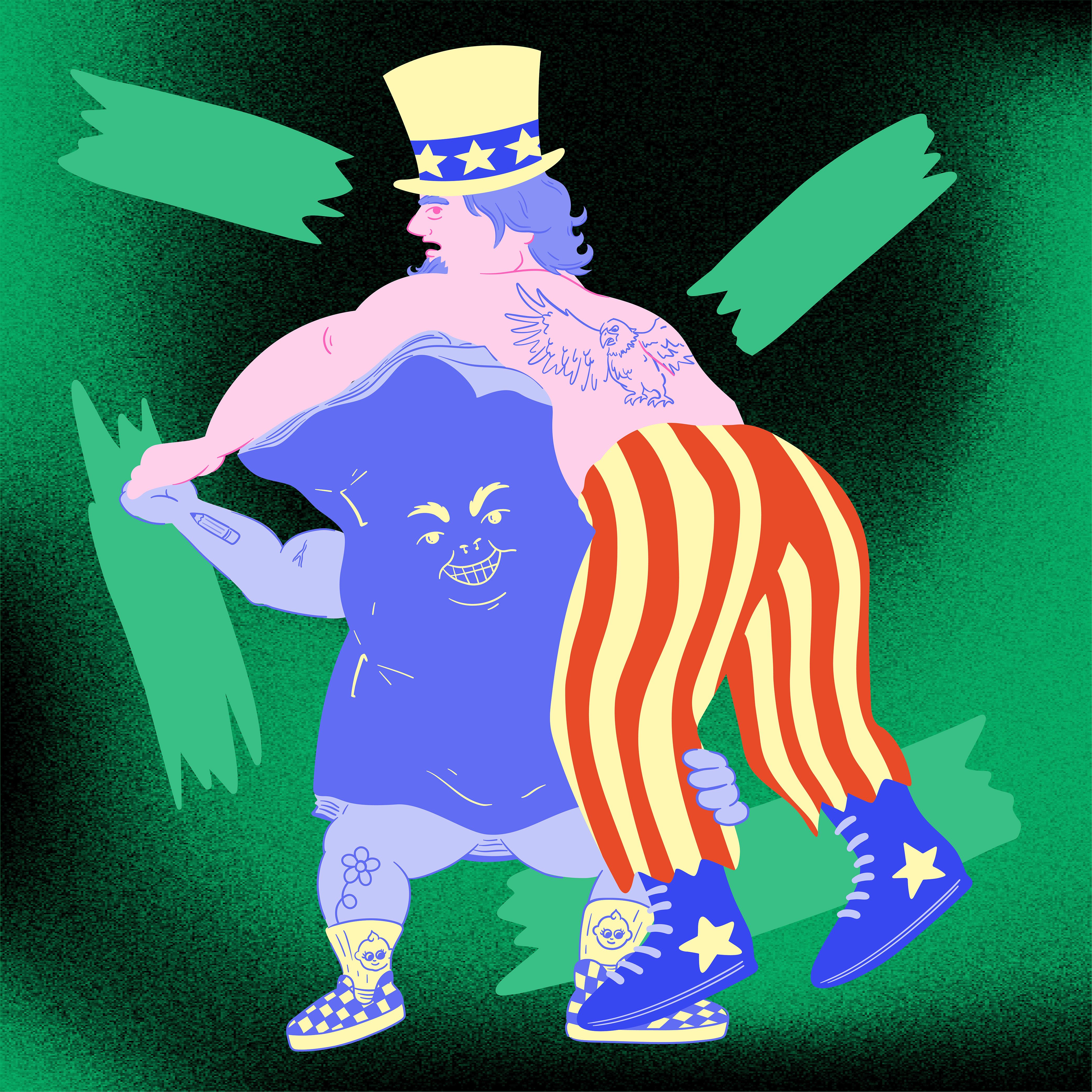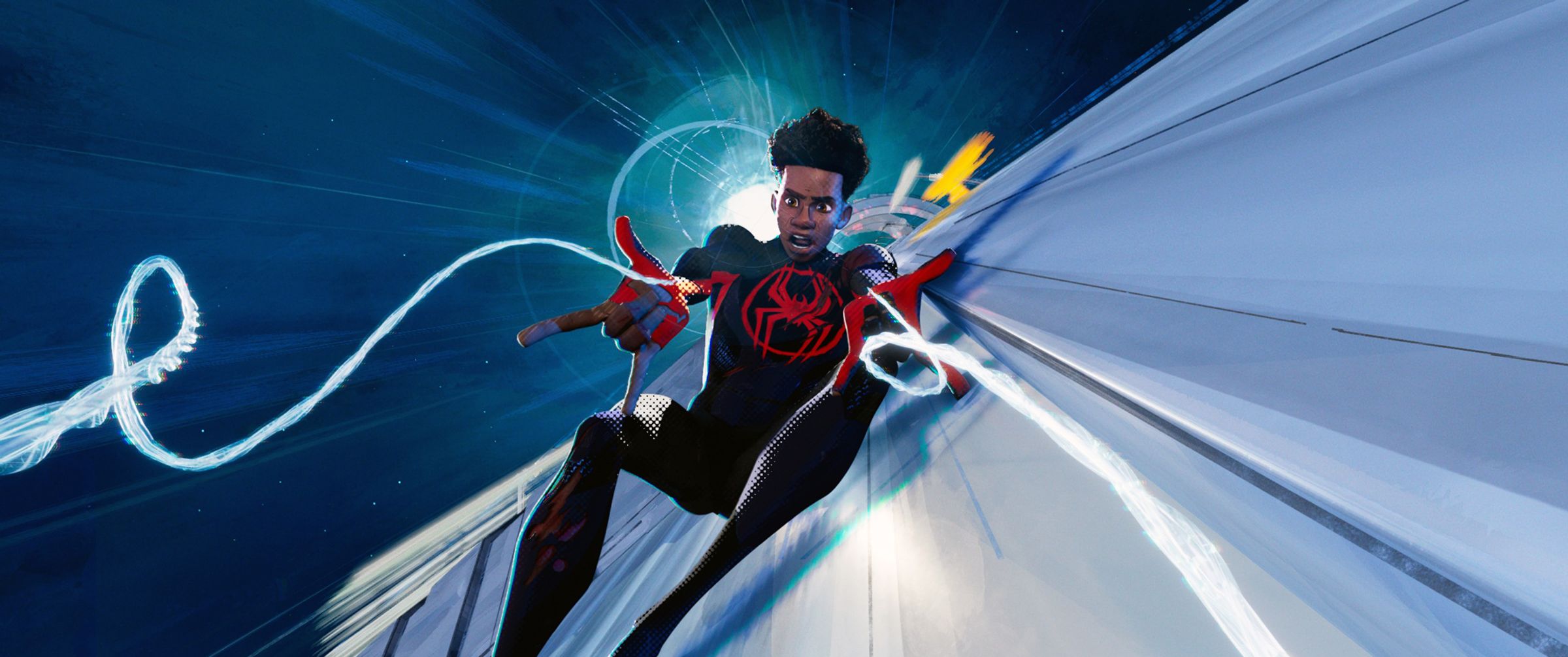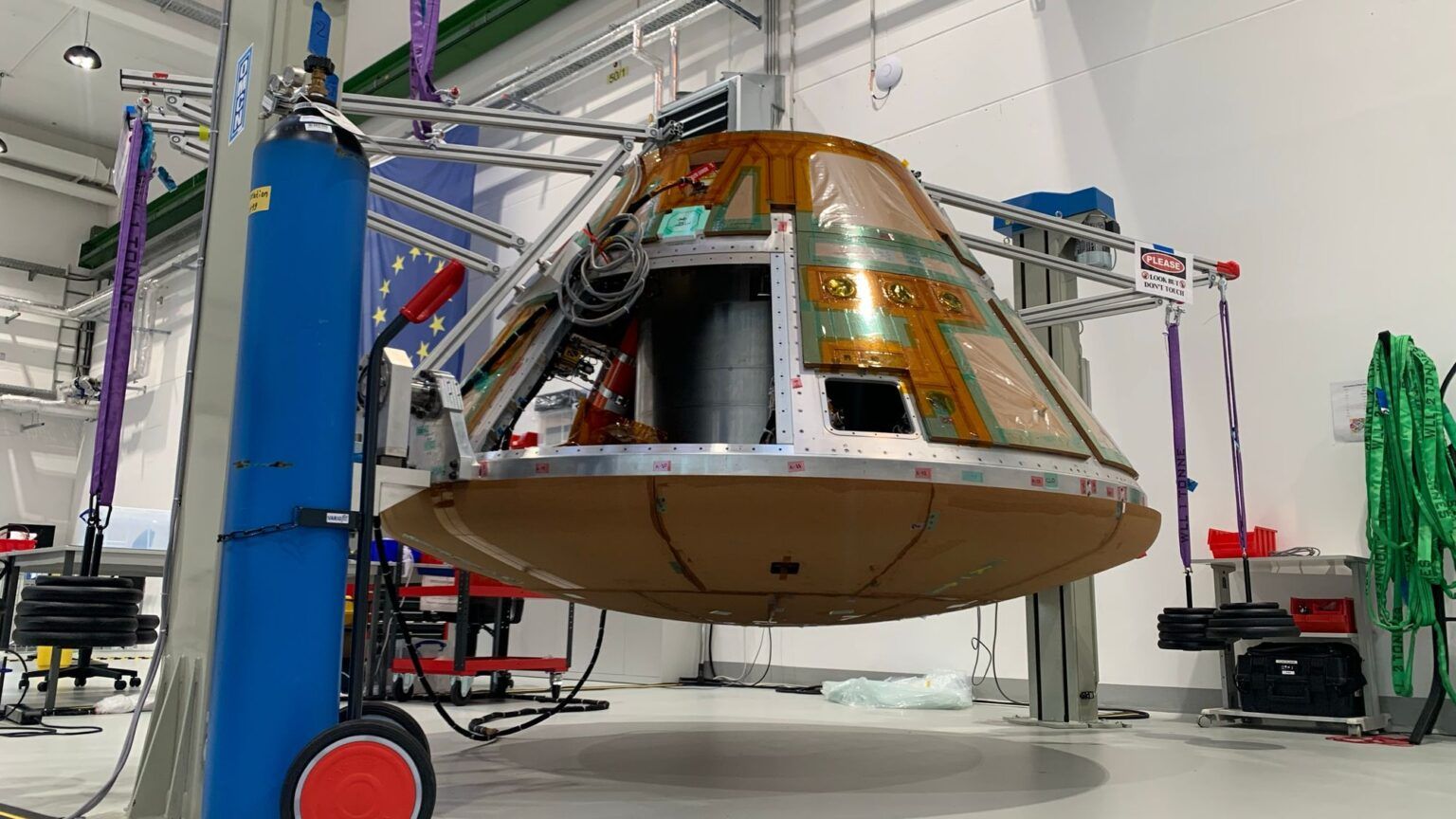Social Media Replaced Zines. Now Zines Are Taking the Power Back
Social Media Replaced Zines. Now Zines Are Taking the Power Back
In the digital age, social media has become the primary platform for sharing information and connecting with others….

Social Media Replaced Zines. Now Zines Are Taking the Power Back
In the digital age, social media has become the primary platform for sharing information and connecting with others. With the rise of platforms like Facebook, Twitter, and Instagram, traditional forms of media like zines have taken a backseat.
However, zines are making a comeback as people seek more authentic and personal forms of expression. Zines, which are self-published and often homemade magazines, offer a raw and unfiltered look at a variety of topics.
Unlike social media, where algorithms dictate what content users see, zines allow for complete creative freedom. This has led to a resurgence in zine-making, with artists, writers, and activists using the medium to share their stories and perspectives.
Zines are reclaiming their power by offering a unique and tangible experience that social media cannot replicate. While social media may reach a wider audience, zines provide a more intimate connection between creator and audience.
As zines continue to gain popularity, they are challenging the dominance of social media and proving that there is still value in independent, grassroots media. By empowering individuals to share their voices and ideas, zines are driving a new wave of creativity and community.
With their DIY ethos and focus on inclusivity, zines are redefining what it means to be a publisher and a consumer of media. They are giving a platform to marginalized voices and shining a light on issues that may be overlooked in mainstream media.
As we look to the future, it is clear that zines are here to stay. They offer an authentic and unfiltered perspective that is increasingly rare in our digital world. By taking the power back from social media, zines are proving that grassroots media is not only relevant but essential in a diverse and interconnected society.







